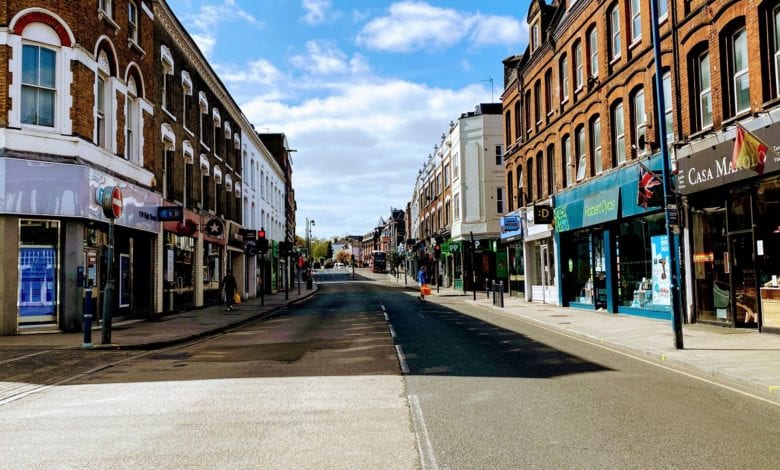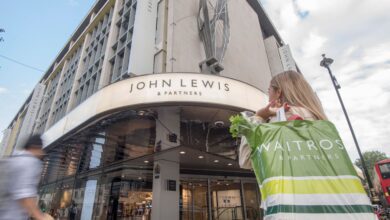End commercial rents stalemate, urges CBI
A CBI position paper now proposes that firms in the hardest hit sectors should continue to be protected for a further six months

The CBI has urged occupiers and landlords of commercial properties to collectively take “decisive” action to address commercial rent challenges on the path towards a full economic reopening.





